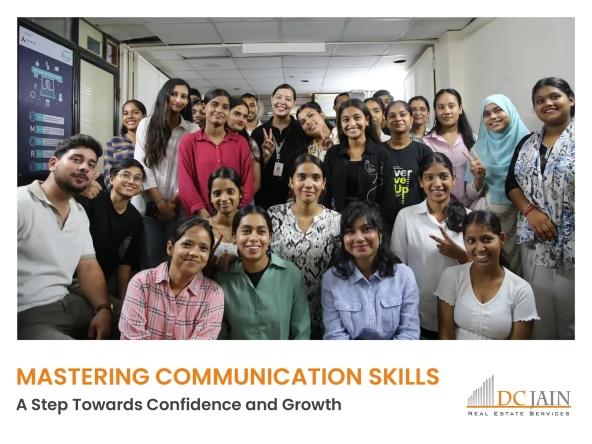As an IIM graduate and a fourth-generation professional in the real estate industry, I’ve often found myself walking a tightrope — balancing inherited wisdom with structured learning, field experience with strategic frameworks, and gut instinct with data-backed decisions.
That’s why when I read the announcement that IIM Bangalore is now offering a full-time real estate research program, I didn’t just feel excitement — I felt hope.
This is more than just another program being added to a B-school’s roster. It’s a turning point for Indian real estate.
Why This Matters – And Why Now
Let’s start with some numbers.
The real estate sector is one of the largest contributors to India’s GDP — accounting for nearly 7.3% in 2024, projected to grow to 10% by 2030 and to 15.5% by 2047. Over the past five years, we’ve seen consistent double-digit growth, with projections estimating the sector will reach USD 1.5 trillion by 2030, up from USD 477 billion in 2022.
Yet despite its scale and importance, Indian real estate has historically remained fragmented, opaque, and under-institutionalized.
That’s the gap education can bridge.
Why IIM and Real Estate Are a Perfect Match
My time at IIM wasn’t just about learning finance, strategy, or marketing. It was about learning how to think. How to ask questions. How to solve problems. How to look beyond short-term gains and think in terms of systems, structures, and stakeholders.
Back then, real estate was rarely more than a passing example in case studies. But now, with B-schools like IIM Bangalore, ISB and others starting to introduce dedicated electives and full-time programs focused on real estate, we’re finally seeing the sector get the academic spotlight it deserves.
This means future professionals will not only inherit property or enter through family firms — they’ll enter the field with rigorous training, exposure to global models, and an understanding of urban policy, sustainability, finance, and ethics.
And that changes everything.
A Professional Shift the Industry Has Been Waiting For
Let’s be honest — real estate hasn’t always enjoyed the best reputation in India. Conversations often still begin with mistrust and end with negotiation. But when the people at the helm are not just sales-savvy, but also academically trained, ethically grounded, and strategically oriented, it creates a ripple effect.
- Investors trust more.
- Homebuyers feel more secure.
- Policies get better implemented.
- Technology is adopted faster.
- Talent chooses the industry by design, not by chance.
This is how we move towards a more organised, respectable, and future-ready real estate ecosystem.
Looking Ahead
Education alone won’t fix the real estate sector. But it is the foundation.
As someone who has grown up with floor plans, site visits, land deals, and legacy stories — and then stepped into lecture halls and boardrooms to make sense of it all — I truly believe we’re at the cusp of something transformational.
The next decade will see India urbanise like never before. We need thinkers, analysts, developers, policymakers, marketers, and financiers who understand the sector not just through inheritance, but through insight.
IIM Bangalore’s new real estate research program is a step in that direction. A step towards making real estate not just a family business, but a professional calling.
And I, for one, am here for it.
If you’re considering a career in real estate — or are already in it — now is the time to ask yourself: what can education unlock for you? Because the industry is ready to evolve. The question is, are we?



